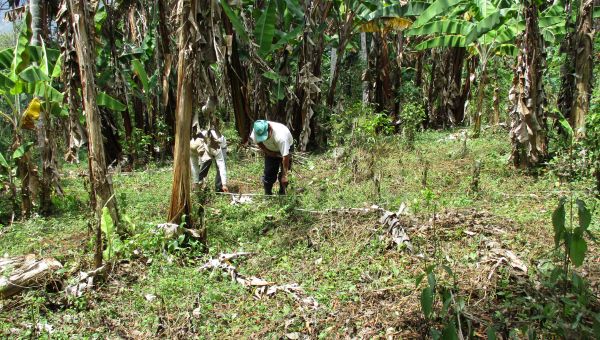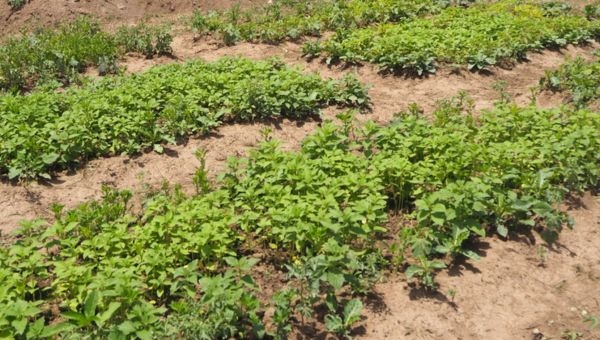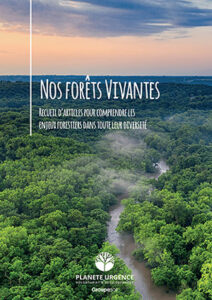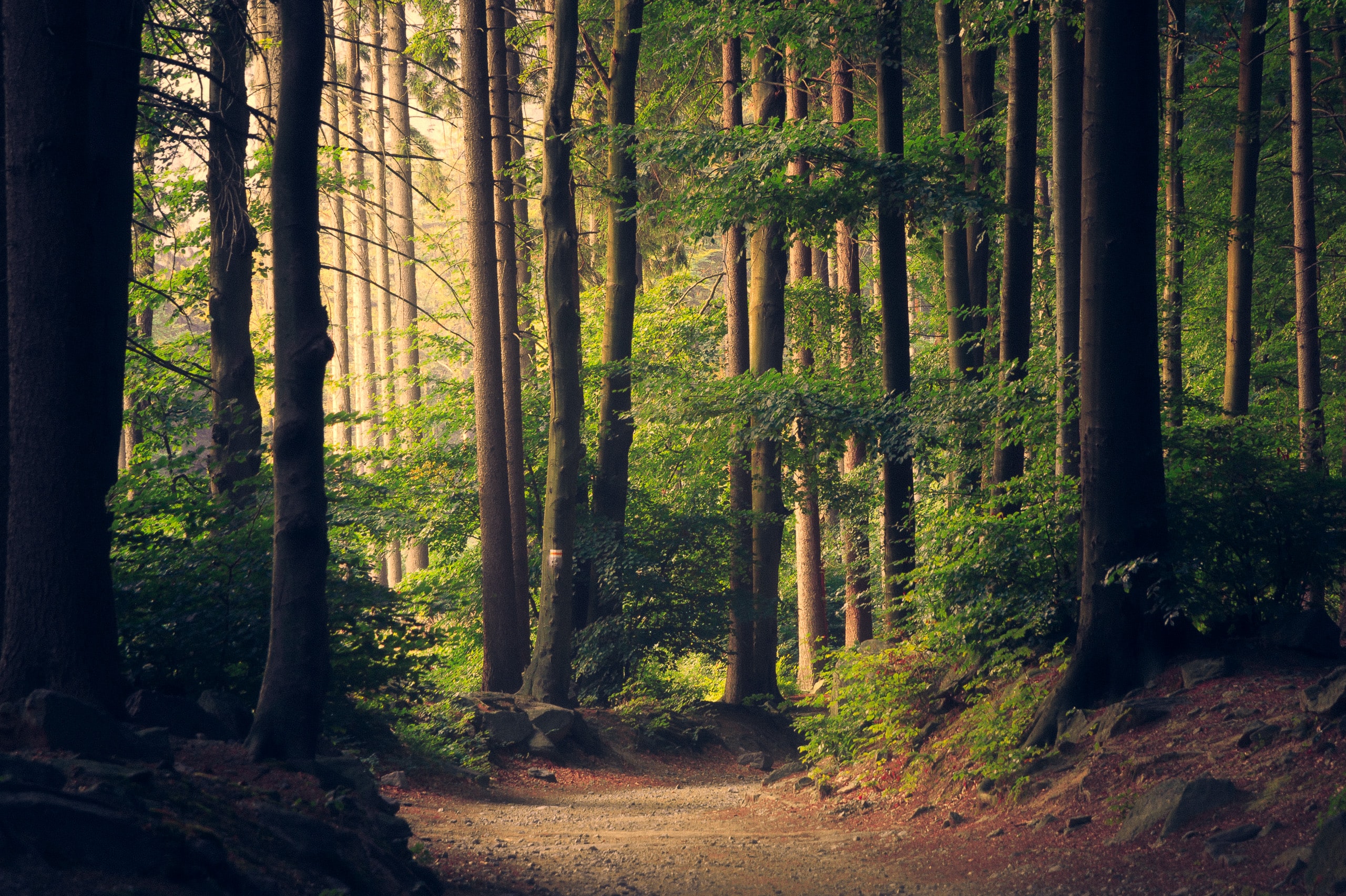
Our actions
Preserving endangered forests and biodiversity
Why do we need to take action ?
Forests – both natural and planted – cover around 30% of the Earth’s land surface.
However, the global area of primary forests has been reduced by more than 80 million hectares since 1990.
These forests suffer from a variety of stresses: expansion of farmland and livestock farming, extension of infrastructures, fires, pests, diseases, invasive species, drought and damaging climatic events (FAO, 2020), but the greatest threat to the world’s forests today is still the development of small-scale agriculture (68% of deforestation is linked to small-scale agriculture, 40% of which is for crops and 28% for grazing, according to a study (FAO 2023).
Forests are essential to climate balance and we must preserve them at all costs!
Natural forests are essential carbon sinks that play a fundamental role in absorbing CO2. Deforestation therefore has dramatic consequences for people and their environment: it considerably reduces carbon sequestration capacity and also causes an increase in CO2 emissions released when the forest is burnt.
If forests need to be protected, it is also to preserve the irreplaceable biodiversity they harbour, as well as the men and women who depend on them. A third of the world’s population now uses wood and natural resources from the forest for their vital needs (construction, cooking, heating, income-generating activities in particular).
Different levers for action
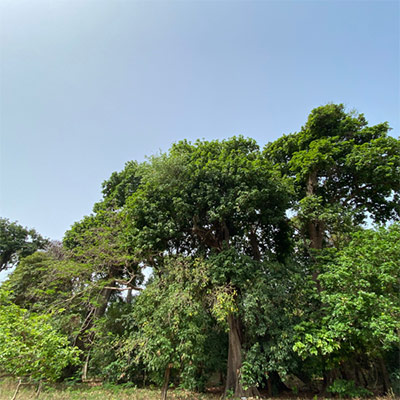
Keep
First and foremost, existing forests need to be protected, which means setting up national parks, community forests or protected areas, as well as involving local communities in conservation.
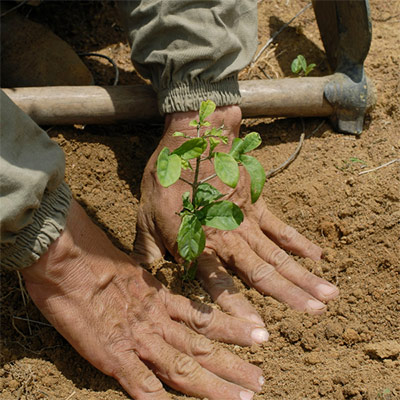
Enriching and regenerating
When forests have been badly damaged, it is sometimes important to encourage natural regeneration or replant damaged areas.
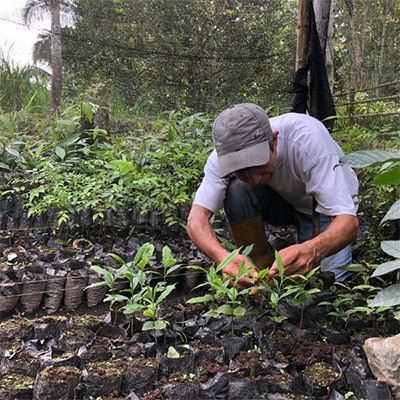
Reforester
When natural regeneration is not possible, reforestation is the only solution and aims to create nurseries to replant species adapted to the area and local uses.
Nos expertises spécifiques
Planète Urgence is involved in a dozen forest preservation and reforestation projects in 5 countries: Benin, Cameroon, Indonesia, Madagascar and Peru.
These countries are among the most deforested in the world and are part of the world’s largest basins of tropical forests (rainforests and savannahs), which are particularly vulnerable to the effects of climate change.
